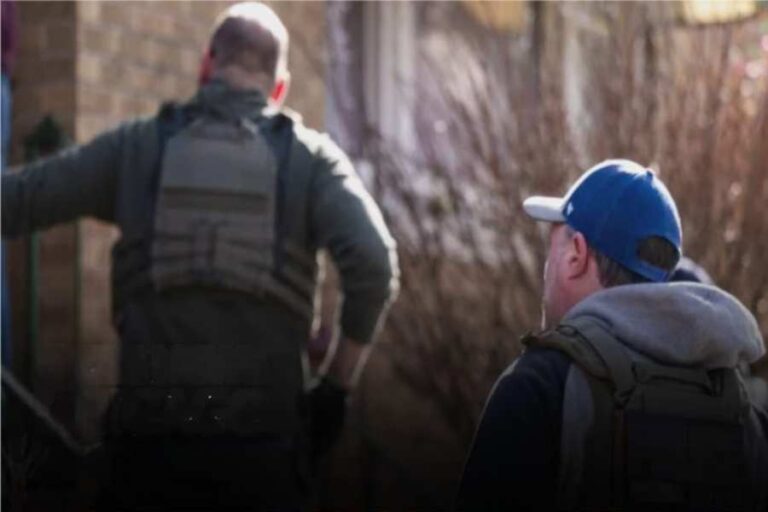A newly filed federal lawsuit has revealed details of 22 arrests conducted by the Chicago office of U.S. Immigration and Customs Enforcement (ICE) in the early weeks of the Trump administration, with plaintiffs arguing that the detentions were unlawful. One of the families affected has stepped forward, sharing their experience and raising concerns over due process violations.
The case of Abel Orozco Ortega, a longtime resident and business owner in Lyons, Illinois, is one of the central stories in the lawsuit. On January 26, 2017, ICE agents arrived at his home with a warrant intended for his son, who shares his name. Instead of detaining the intended subject, agents arrested Ortega himself, placing him in custody without any criminal record or prior offenses. Ortega was returning home with tamales for his family when he was unexpectedly confronted and detained by ICE officers.
The U.S. District Court lawsuit names 21 other individuals who faced similar detentions under what attorneys argue were overreaching enforcement practices. Ortega’s wife, Yolanda Orozco, has publicly pleaded for his release, stating through an interpreter that her husband is not a criminal. Family members maintain that he has never been arrested, has no history of misdemeanors or felonies, and has been an upstanding member of the community since immigrating to the United States in the late 1990s.
Attorneys from the National Immigrant Justice Center allege that ICE officers realized their mistake after detaining Ortega and noting that he was significantly older than the man they were seeking. However, rather than correcting the error, the agents allegedly produced a new warrant on the spot to justify Ortega’s detention. Mark Fleming, an attorney representing the plaintiffs, stated that once ICE officers had Ortega handcuffed and in their custody, they took additional steps to assess his immigration status, ultimately concluding that he was undocumented.
Following his arrest, Ortega experienced a medical episode and was briefly hospitalized before being transferred to Clay County Jail near Terre Haute, Indiana, where he remains in custody. His legal representatives have confirmed that while Ortega currently does not have lawful status in the U.S., he is eligible for a green card. His legal troubles date back to a 2003 removal order, which was issued after he returned to the U.S. from visiting his dying father in Mexico. That unaddressed removal order appears to have been the justification ICE used to detain him under an expedited warrant process.
The lawsuit claims that the Trump administration’s early enforcement actions drastically lowered the threshold for deportation, leading to sweeping arrests that targeted individuals with no criminal background. Ortega’s son, Eduardo Orozco, has been outspoken about his father’s arrest, condemning what he describes as indiscriminate targeting by immigration enforcement. “They’re arresting people they’re not supposed to,” he said. “They claim to be focusing on hardcore criminals, but my father is not a criminal.”
As the legal battle unfolds, Ortega remains in detention with an uncertain future, and the family’s case could become a landmark decision on how federal courts view the implementation of deportation policies under the Trump administration’s immigration directives.
